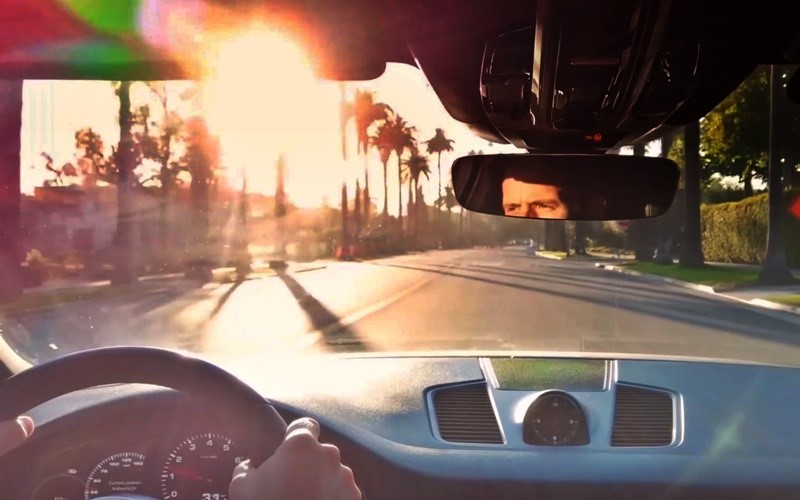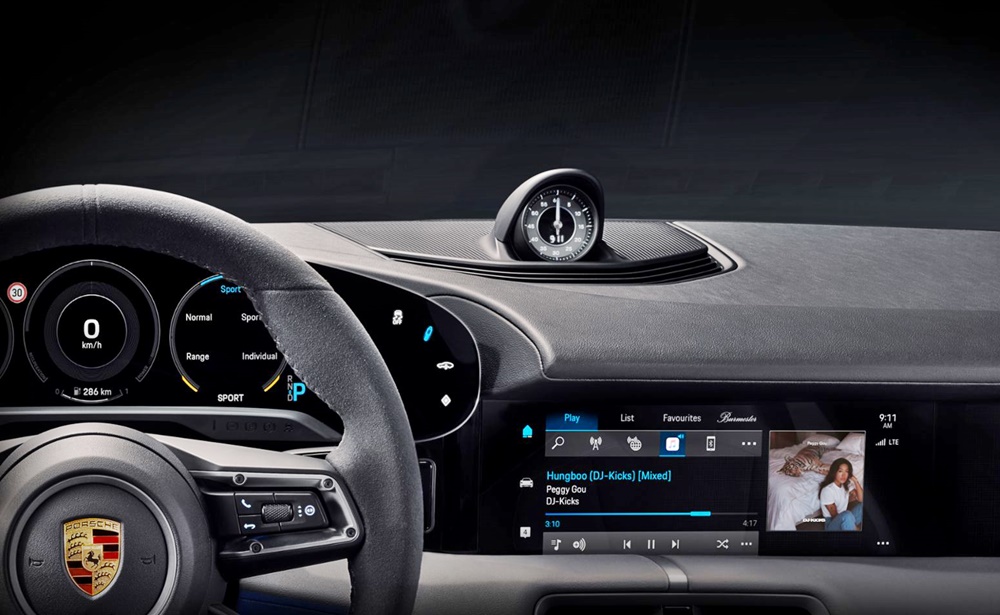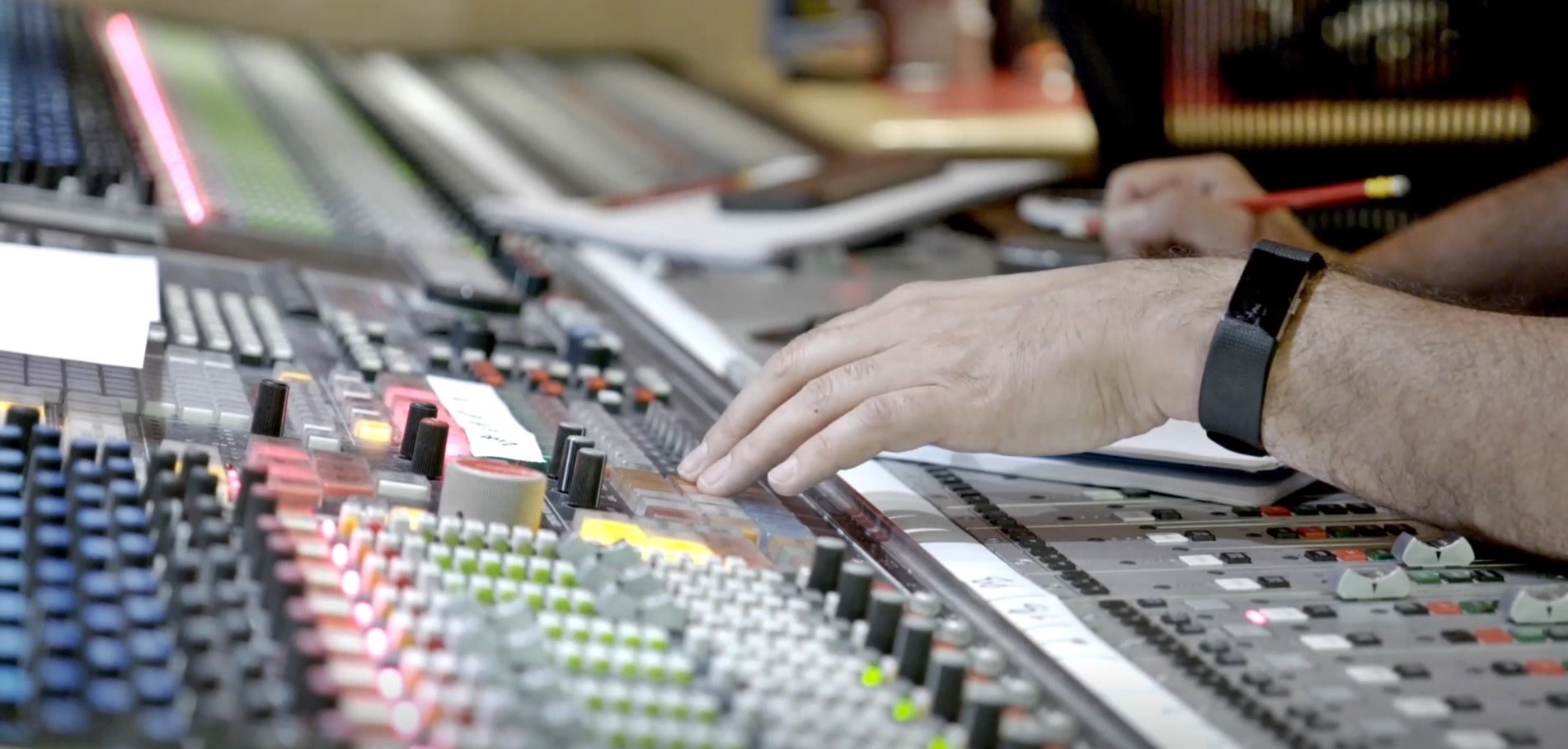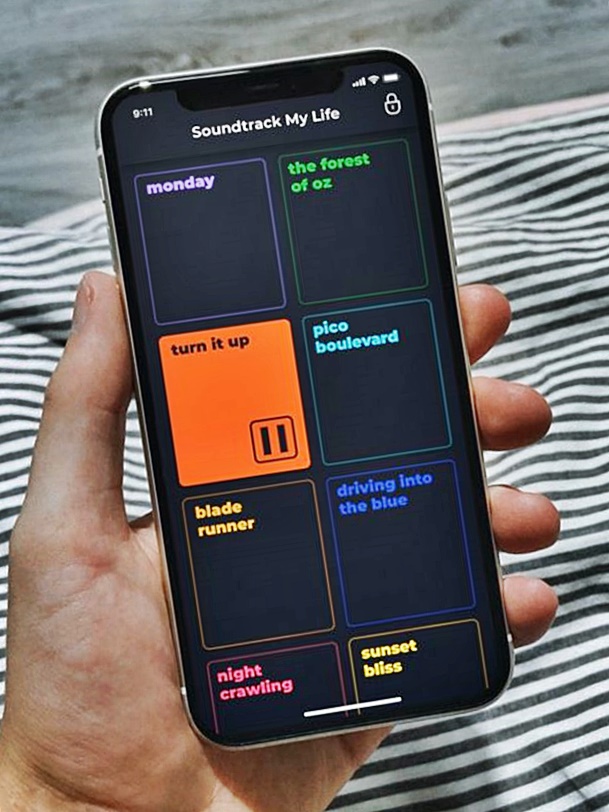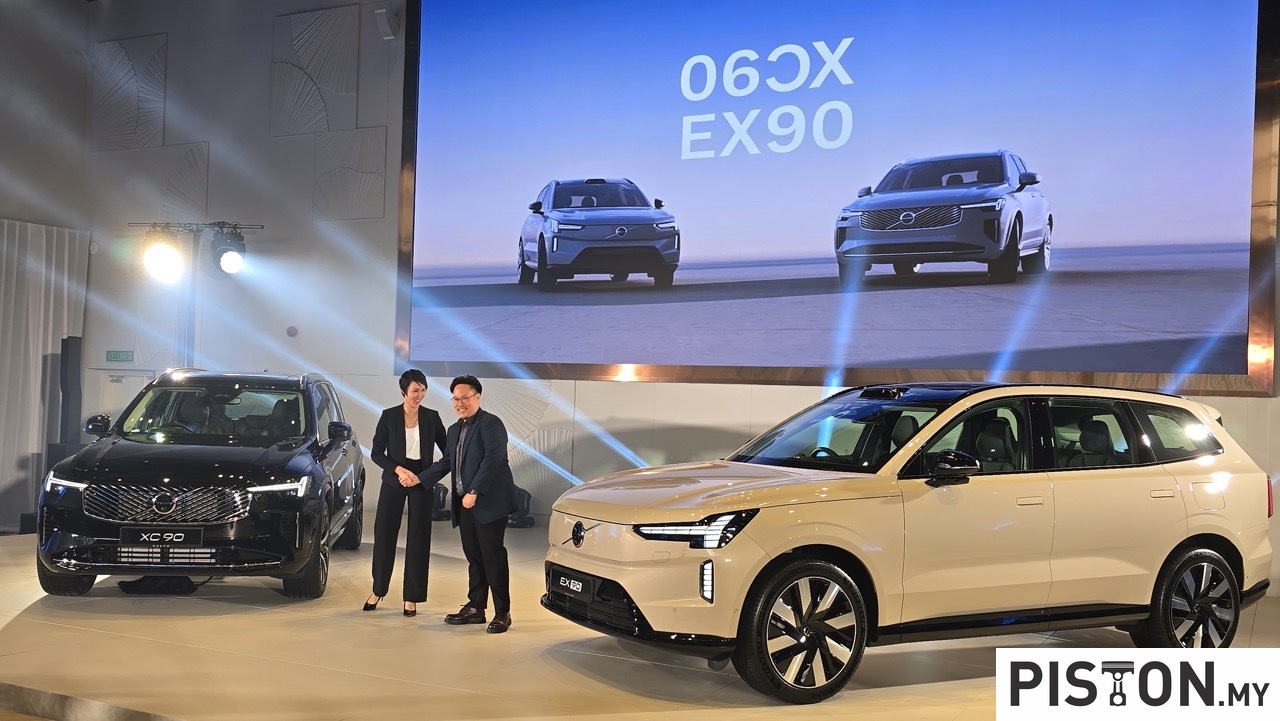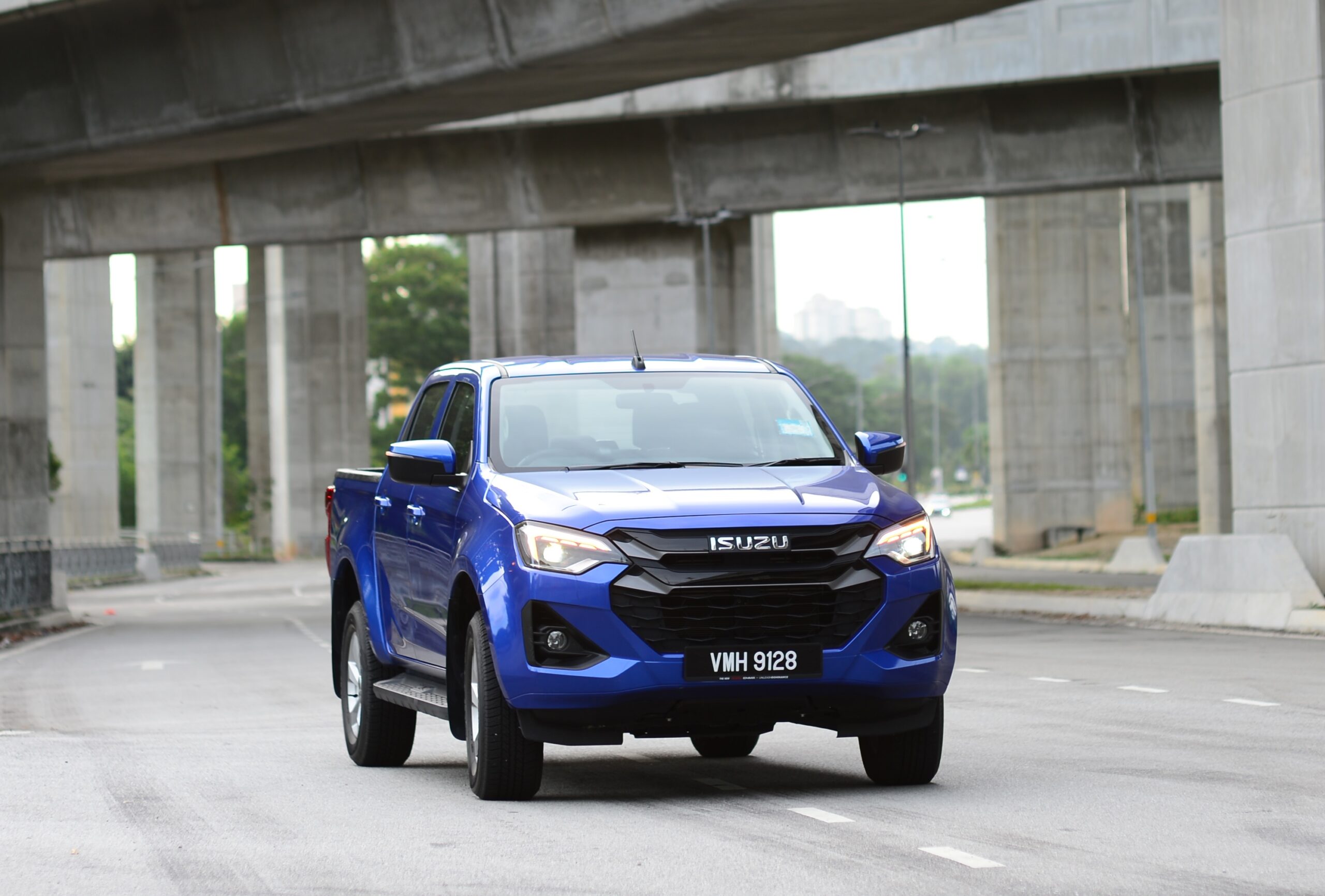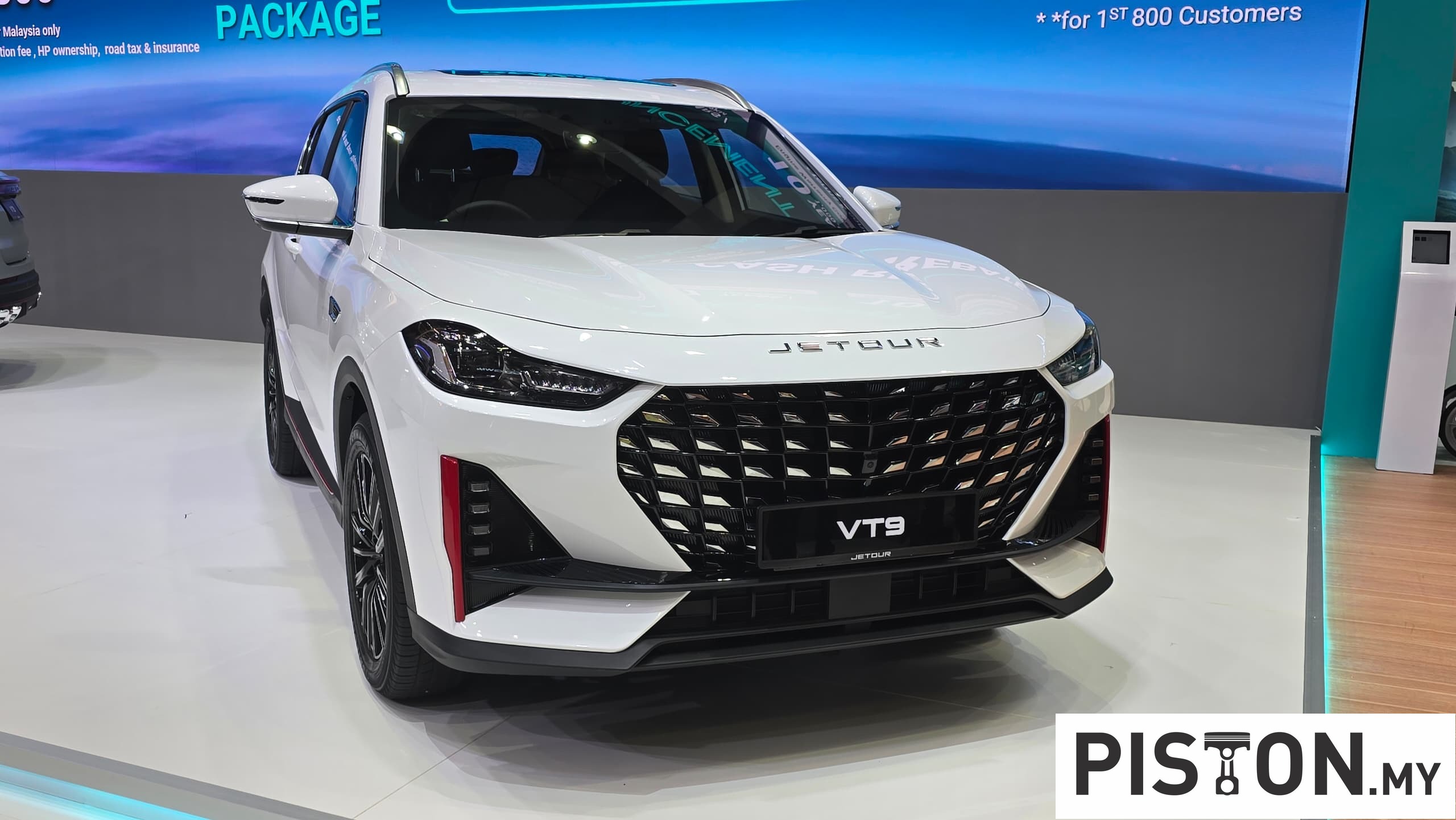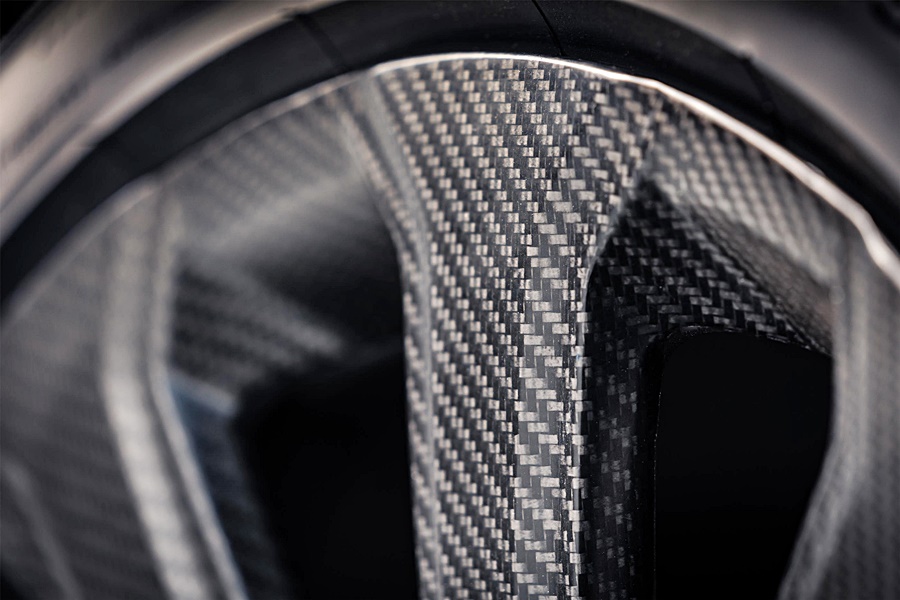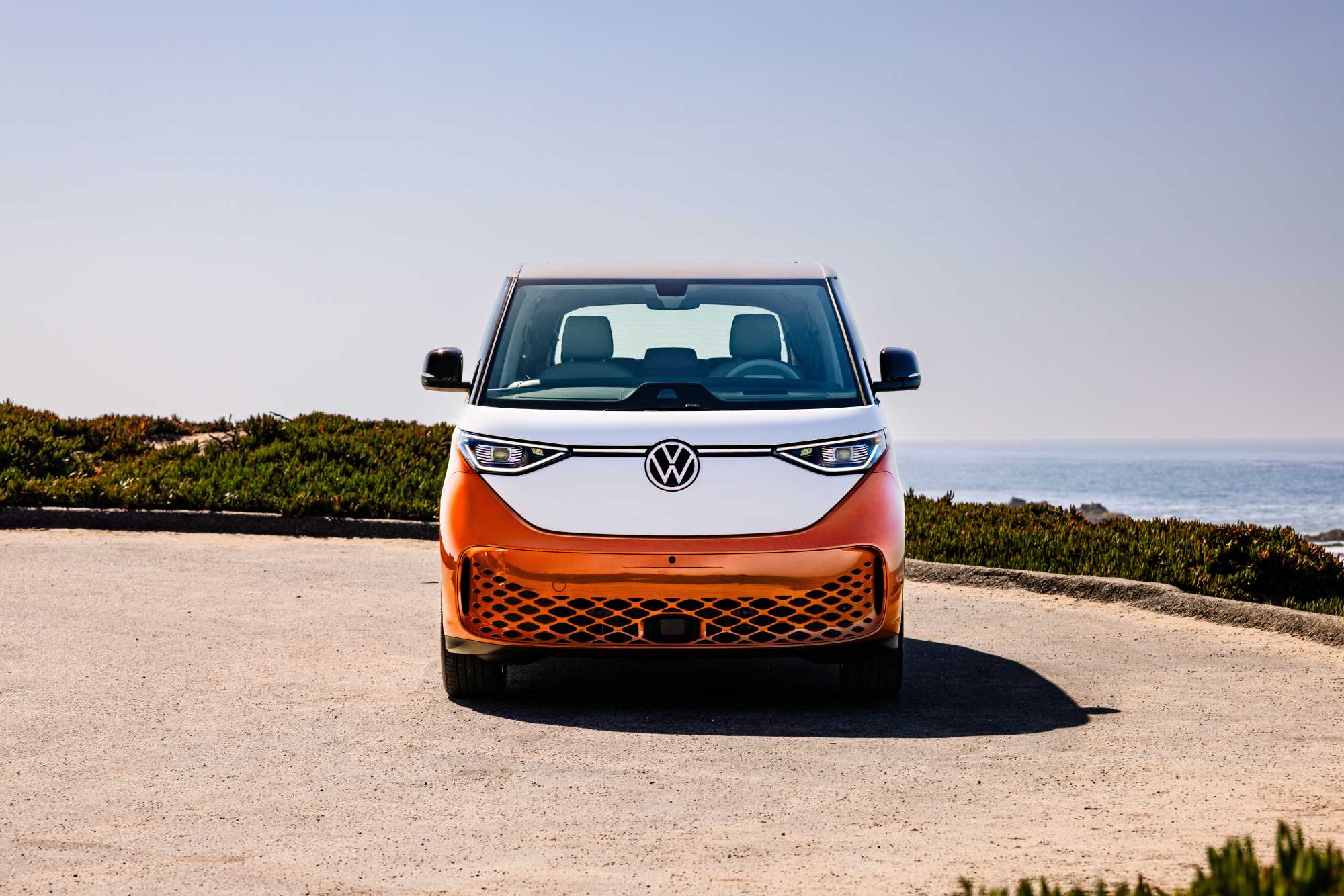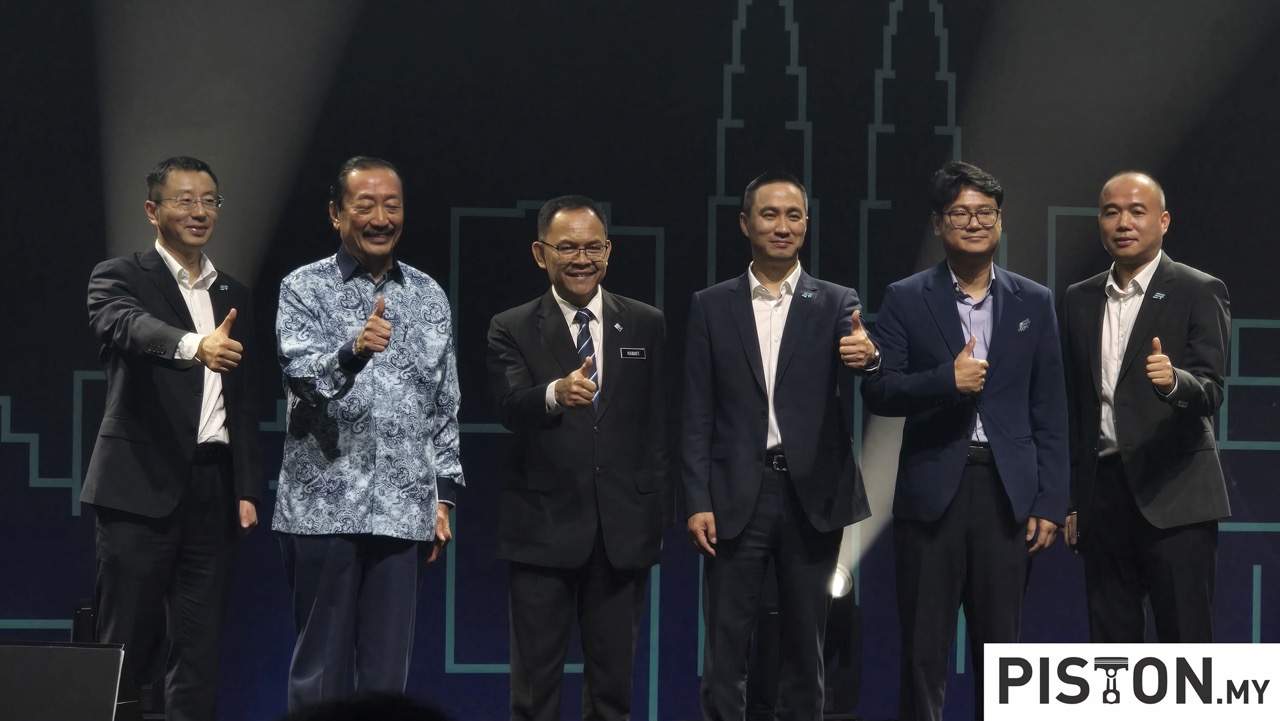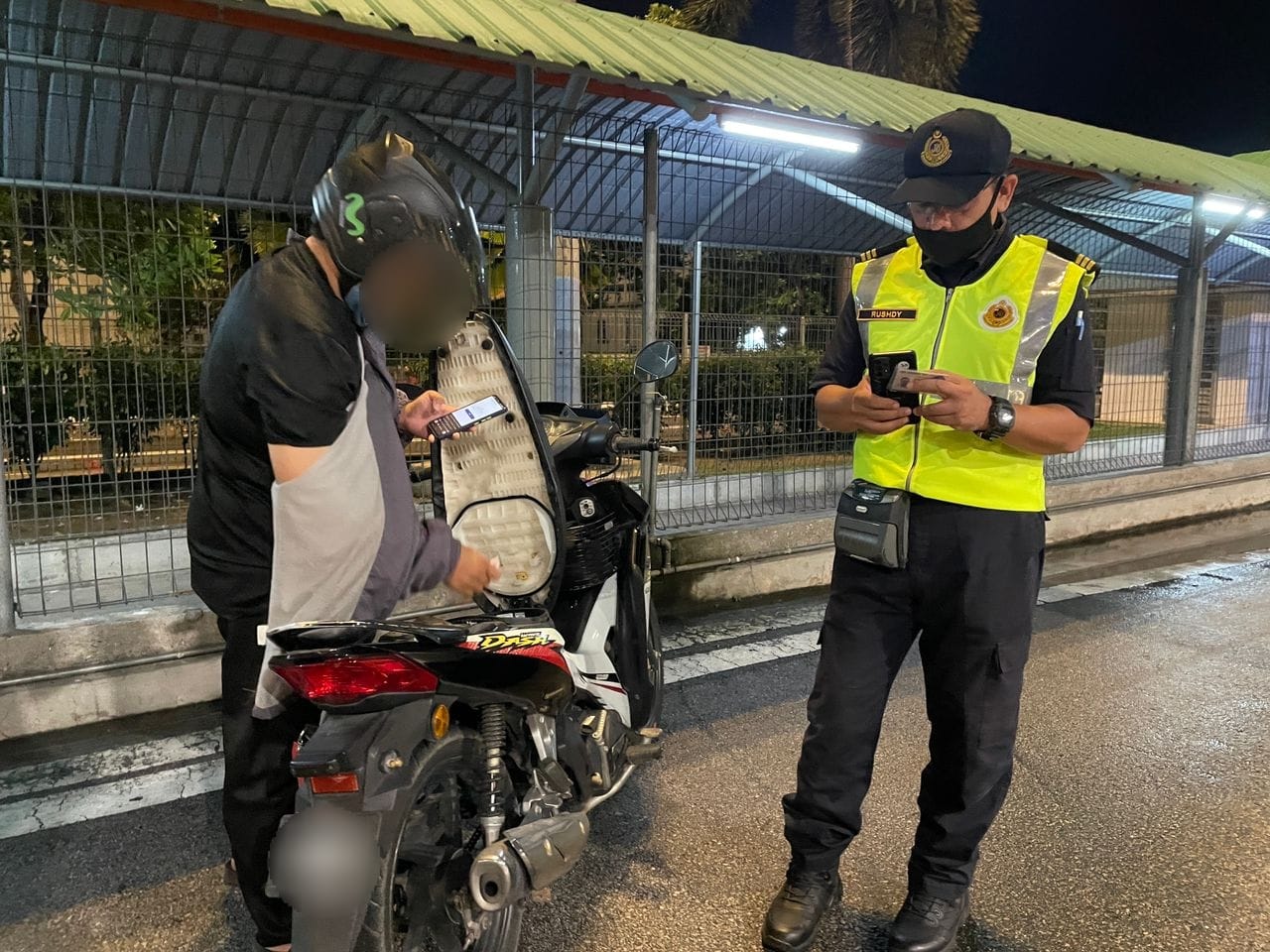Having music while motoring began with radio broadcasts and over the decades, new technologies enabled the selection of music to become more varied and then more personalised. Connectivity today gives you access to the enormous music libraries on the internet as well as bring along your own favourites.
In future, when you tire of listening to all the familiar tunes, your car could compose music for you. Science fiction today but it could well be a reality some day and it may be Porsche that is the first. In fact, the sportscar carmaker is already exploring this idea with a prototype system in a Macan. The ‘music’ is created by the SUV’s movements, changing according to the different actions. Welcome to ‘Soundtrack My Life’ …
“This new technology isn’t about playing personalised playlists or simply adjusting the tempo and pitch of existing music to match the car’s speed,” explained Norman Friedenberger, Product Owner at Porsche Digital and the person responsible for ‘Soundtrack My Life’. “It’s about creating an individual sound experience from a construction kit with a variety of sounds and musical structures during a drive. This is created by the driver and their journey in real time. This will then sound different for everyone – as unique as the journey itself.”
Connecting movement and music
Adaptive sound is the technical term, and it gives users of this technology an alternative: a complement to radio and streaming music. “The connection between the movement of the vehicle and the generation of music in the context of driving offers a completely new listening experience,” said Friedenberger. “It’s about becoming one with the driving situation.”
To do this, the driver first selects a basic musical mood, a soundtrack composed specifically for a particular driving situation. The software accesses pre-composed musical elements and, depending on the acceleration, speed and centrifugal forces in the car, changes the complexity of the mix of these individual elements, adding or removing tracks and sounds to rearrange everything again and again.
The technology partner for ‘Soundtrack My Life’ is Boris Salchow, a German film composer based in Los Angeles. He composes the many set pieces from which the car generates the music and he would have liked to have had the technology behind it much earlier. “When I moved to Los Angeles 16 years ago, I almost got out of the habit of listening to music in the car,” he said.
The eternal stop-and-go conditions on the streets of the Californian megacity were to blame. “The music I was listening to in the car just didn’t match what I was actually experiencing. And even back then I thought someone should develop something to compensate for this,” he recalled.
Development of non-linear music
Today, Salchow is one of those responsible for the more difficult part of the development. “Composing the material is sometimes more complex than tuning the algorithms,” said Friedenberger, who is a musician himself and has worked for, among others, the legendary electropop band Kraftwerk. “We’re talking about non-linear music, like in computer games. The temporal sequence of events is never predictable, but the music has to be able to take that into account. With classical linear tracks that have a beginning and an end, that doesn’t work.”
Friedenberger has spent about two years working on ‘Soundtrack My Life’ and it is important to him that the car does not combine the same sounds at every location but instead varies what comes out of the speakers each time – just as the daily drive to the office is never exactly the same.
“That’s what’s so exciting for the driver. They experience a new soundtrack every time. The format promises a long-lasting listening experience, at least three to five times longer than with linear music,” he said.
Prototype exists as smartphone app
A prototype of ‘Soundtrack My Life’ currently exists as a smartphone app. It has not yet been decided whether this will remain the case or whether a version of the app will also function as an integral part of Porsche Communication Management. Both solutions are feasible; both open up attractive possibilities.
‘Soundtrack My Life’ can already be used outside the car. “You can use it anywhere there is movement. It reacts to mobile data,” said Friedenberger. “In the future, the app could also be combined with geofencing – locking or unlocking certain locations, for example. In such cases, special soundtracks would only then be available in Los Angeles or on Alpine passes.”
Porsche is still considering ‘Soundtrack My Life’ and there are no plans to offer it yet. The core algorithm is basically ready. The focus now would be specifically on working with artists. The plan is to further individualise the music, to develop special editions with well-known composers in order to offer them as digital collectors’ items.
“The vision is clearly to produce exclusive material. We would work with artists specifically according to scenic specifications to create soundtracks for situations, scenery or moments: for example, for driving on country roads, at night, in city traffic or in particular regions of the world,” Friedenberger said.
The use of artificial intelligence is deliberately avoided, because the focus should be on people and their creativity. “People love music because it is made by people. The artist tells a story that the audience wants to hear. We give the artist a new format to express themselves and that is an extremely exciting process for both sides,” he added.
Music tuned to the mood
But the story doesn’t end there. As the technology evolves, ‘Soundtrack My Life’ could one day also detect the driver’s mood and tailor the music to it. Friedenberger also dreams of real-time sound development in the cloud and sharing music online. “You could listen to someone who’s on the road in New York or Tokyo right now. The catalogue of ideas and visions of where the journey might go are endless,” he imagines.
From today’s perspective, these ideas are still a long way off from becoming reality. And perhaps there is so much of the human factor in music after all that artificial compositions might never really catch on. But if they do, the car is the ‘predestined place’ for it, according to Salchow, especially with adaptive music. “It really is only when you’re sitting on the sofa,” he said, “that you don’t need adaptive music.”
Prototypes and studies Porsche has never before shown to the public




